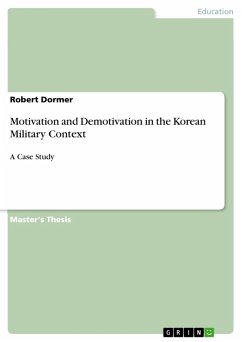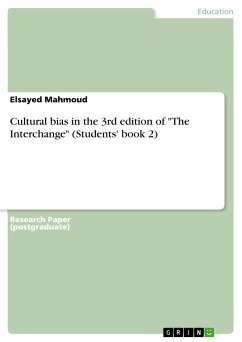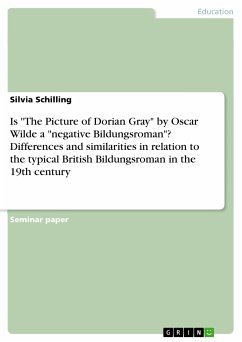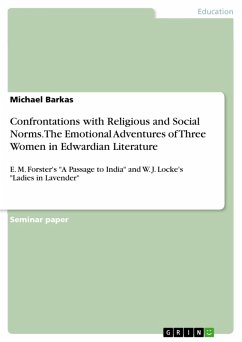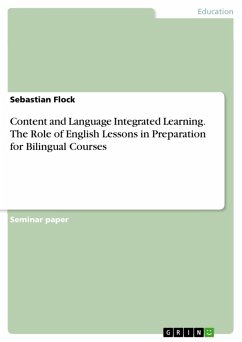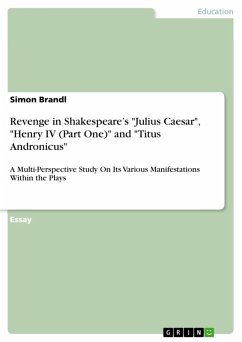Master's Thesis from the year 2012 in the subject Didactics for the subject English - Pedagogy, Literature Studies, grade: 68, University of Portsmouth, course: TESOL & Applied Lingusitics, language: English, abstract: Since the genesis of L2 motivation research the Gardner-driven body of research, and the Attitude/Motivation Test Battery that embodies its quantitative approach, has dominated the field. Recently, there has been a call for qualitative research in more diverse contexts, such that new, context-specific factors can be established with a view to broadening and testing existing L2 motivation theories. Meanwhile, developments in the field of World Englishes have begun to impact on L2 motivation research, most specifically with reference to problems in applying Gardner's affective Integrativeness concept in contexts where there is no tangible 'target group', but rather English is seen as a route to membership of domestic/international social elites. Four officers enrolled at the Republic of Korea Education and Training Command English School were subjected to semi-structured interviews. Data was transcribed, content-analysed and categorised into results pertaining to orientation, external influences on motivation, motivational strategies, changes in motivation over time, success/failure attributions, English ownership/desired pronunciation/style, and emerging context-specific factors. Indicative results suggest that the Integrativeness concept is unworkable in analysing learner responses, confirming the work of Coetzee-Van Roy (2006.) Context-specific factors relating to testing, duty, workload, and personal problems emerged; such factors require further investigation using methods appreciative of East Asian culture. Some indications suggested an application of Dornyei's (2005) 'Ideal L2 Self' system may be a viable future research agenda. However, some potential problems with the application of that model in Korean contexts are identified. The potential to both interpret results of this study and assist in the design of a future research agenda through application of theory from organisation psychology is also discussed. Appendices A & B removed in accordance with privacy policy
Dieser Download kann aus rechtlichen Gründen nur mit Rechnungsadresse in A, B, BG, CY, CZ, D, DK, EW, E, FIN, F, GR, HR, H, IRL, I, LT, L, LR, M, NL, PL, P, R, S, SLO, SK ausgeliefert werden.

